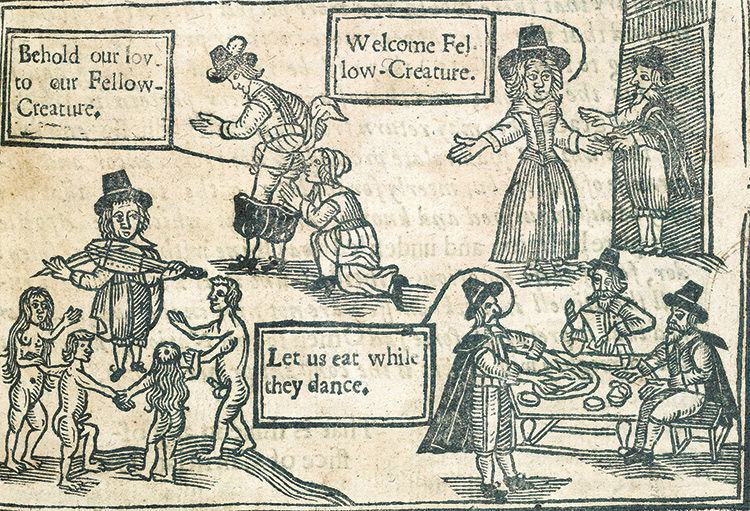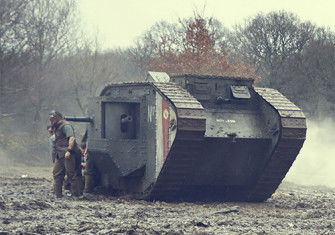Seduced by Simplicity
It is crucial that historians maintain their fundamental maxim: ‘It is a bit more complicated than that.’
 Gary Sheffield, the combative historian of the First World War, responded with contempt to a local television company’s plans to make a programme about the first day of the Somme (though barely anything of the battle’s five-month course). ‘My toleration of such stuff is very low at the moment’, he wrote. Referring to government plans to commemorate the events of July 1st, 1916 with a nationwide vigil, he was similarly unimpressed: ‘I resigned from a committee a few weeks ago because I wouldn’t put up with dumbing-down any longer … No context whatsoever. No attempt at education, explanation or interpretation. Again.’ He went on to recommend Stephen Badsey’s A Muddy Vision of the Great War, his critique of television coverage of the centenary of the beginning of the conflict, published in History Today in May 2015.
Gary Sheffield, the combative historian of the First World War, responded with contempt to a local television company’s plans to make a programme about the first day of the Somme (though barely anything of the battle’s five-month course). ‘My toleration of such stuff is very low at the moment’, he wrote. Referring to government plans to commemorate the events of July 1st, 1916 with a nationwide vigil, he was similarly unimpressed: ‘I resigned from a committee a few weeks ago because I wouldn’t put up with dumbing-down any longer … No context whatsoever. No attempt at education, explanation or interpretation. Again.’ He went on to recommend Stephen Badsey’s A Muddy Vision of the Great War, his critique of television coverage of the centenary of the beginning of the conflict, published in History Today in May 2015.
Historians as conscientious as Sheffield have to counter a desire for certainty, which extends far beyond the demands of television producers. A simplistic, black and white world view colours much public debate at the moment, on subjects as diverse as the European Union, the Middle East, Scottish nationalism and, most strikingly, in the unedifying sight of the race to become president of the United States, a position for which a nuanced, complex view of the world might be thought mandatory.
It is crucial that historians maintain their fundamental maxim: ‘It is a bit more complicated than that.’ The temptation to simplify or to make glib, anachronistic parallels with the past should be avoided at all costs, though it can seduce even the finest minds.
John Adamson, in his 2009 survey of the historiography of the English Civil War, recalls that time in the late 1960s and early 1970s when even historians of the order of Christopher Hill, biographer of Cromwell and author of the World Turned Upside Down: Radical Ideas During the English Revolution (1972), could make unconvincing parallels between the soixante-huitards and the radical groups of the 1640s, such as the Levellers, the Ranters and the Diggers. ‘For a moment’, writes Adamson, ‘Flower Power peered into the murky waters of Civil-War sectarianism and, Narcissus-like, fell in love with its own reflection.’
It is too easy to see ourselves in the past. The point is to see others.
Paul Lay is the editor of History Today.





